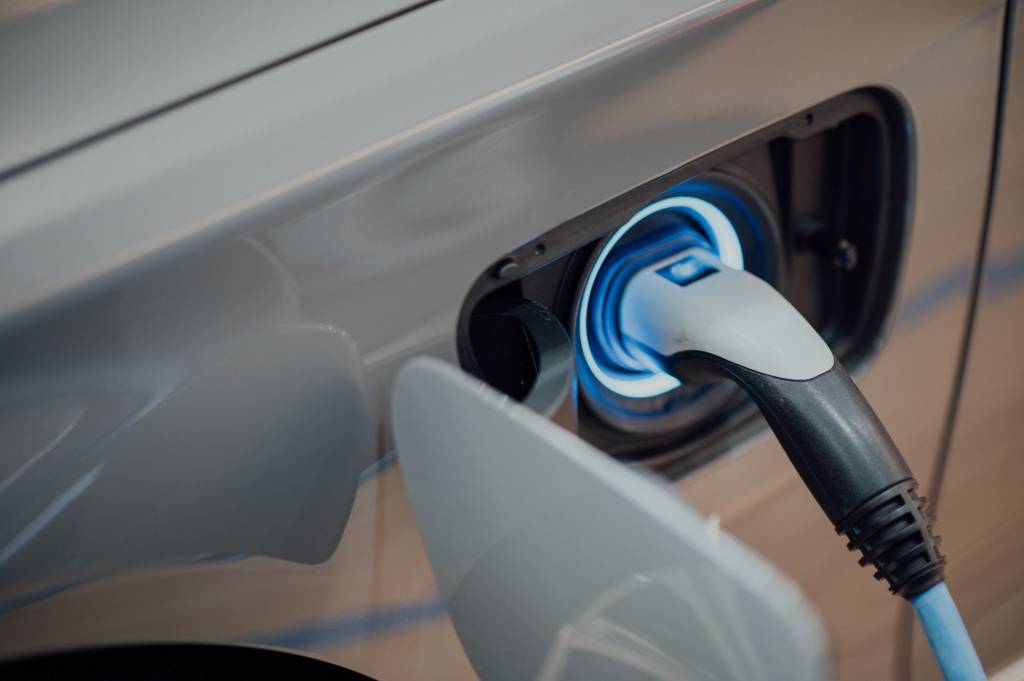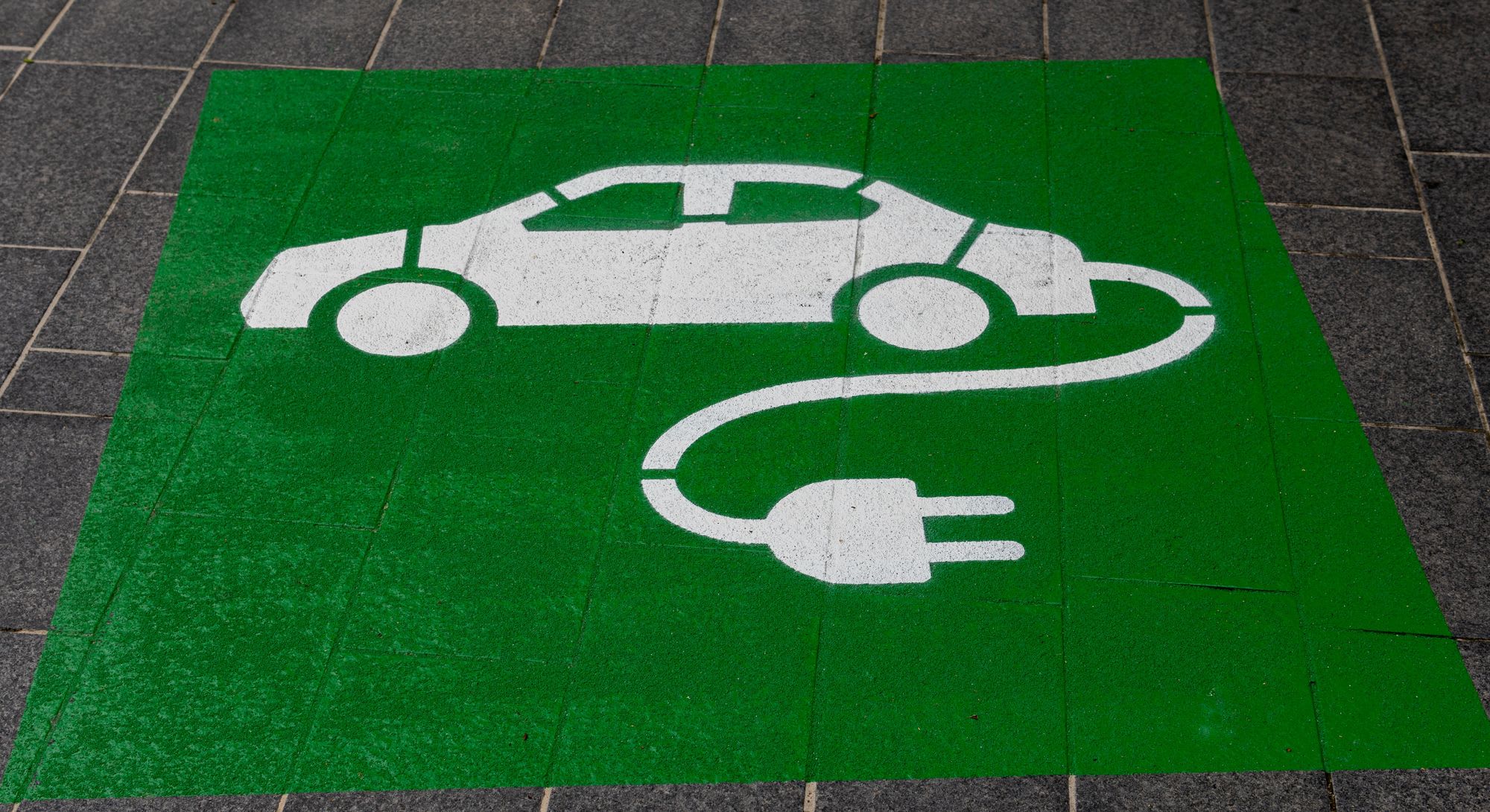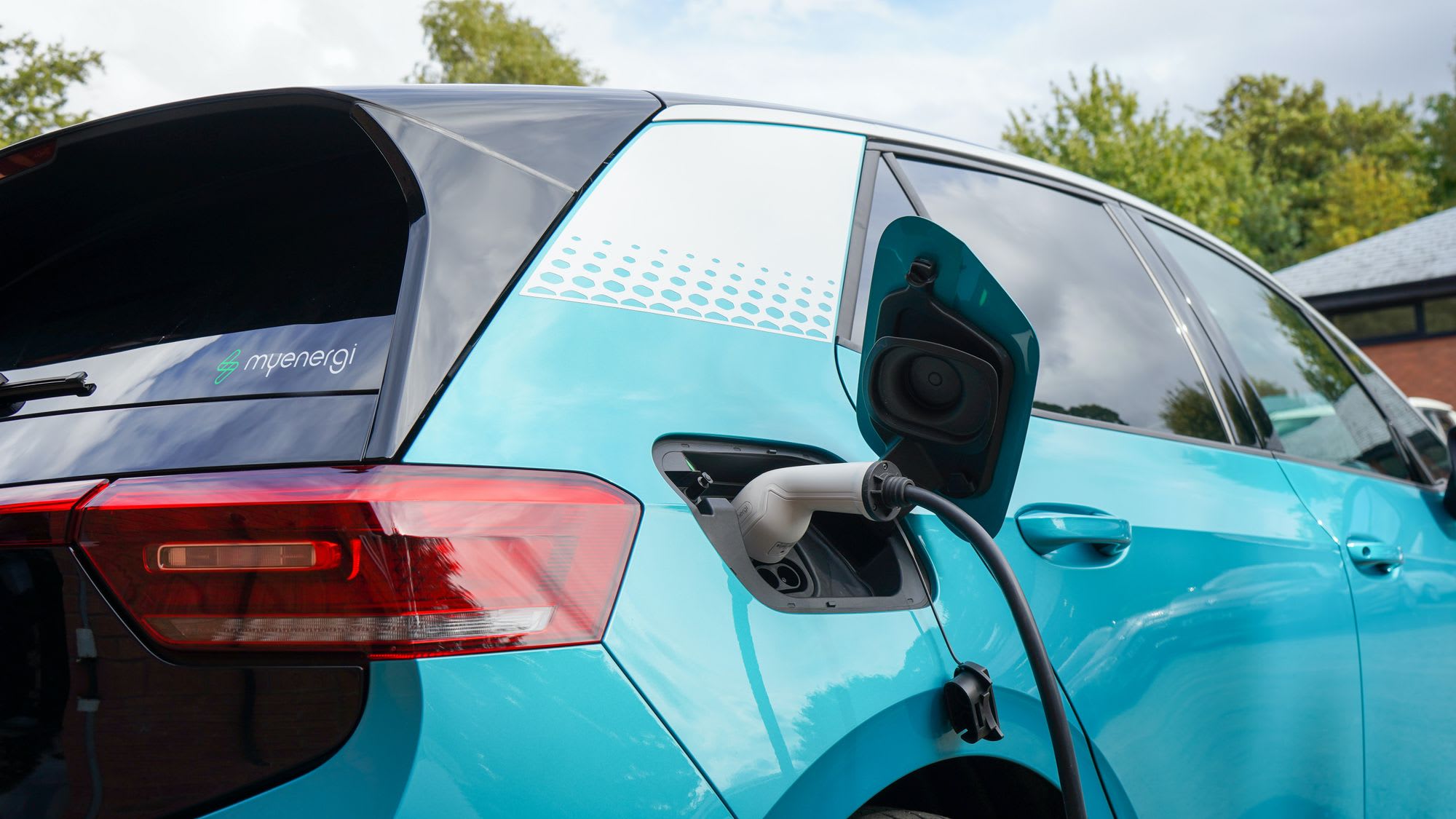EV Tax Credits and Rebates: What to Know Before Buying Your Next Electric Ride

Since its passing on August 16th, 2022, the Inflation Reduction Act has been hailed as landmark climate legislation that will make clean energy solutions more affordable and accessible for everyone living in the United States.
Which is great. 🙌
But let’s be real… figuring out how the IRA impacts you personally is a pretty daunting task.
Don’t fret! Here is Wildgrid’s Guide to IRA Incentives: Electric Vehicle Edition.
Tax Credit vs. Rebate: What’s the difference?

Let’s start by breaking down some lingo. What’s the difference between a tax credit and a rebate? 🧐
When you make a purchase that qualifies you for a tax credit, you are able to claim a certain amount of money while filing your taxes to reduce the total amount you owe. Simply put: a tax credit gets you money back on your taxes. The actual amount of the credit is determined by a number of variables related to both the buyer and the item (or service) being bought. 💰
Note: a tax credit is not the same thing as a tax deduction, which doesn’t directly reduce the amount that you owe, but instead reduces your taxable income.
A rebate still puts money back in your wallet, but on a different timeline. When a product and the buyer qualify for a rebate, money gets taken off of the cost of the product itself. So, essentially, a rebate is a discount. This means that rebates have a much more immediate effect on your finances that tax credits do. 💸
In general, getting a rebate is a little less labor intensive than getting a tax return.
This is because when you qualify for a rebate, all of the actual administrative work is done by the seller of the qualifying product/service. When you qualify for a tax credit, you have to do that work; you have to submit a special form along with proof of your purchase when you file your taxes for the year in which you made the purchase.
Rebates for Electric Vehicles

While the IRA does include a couple of federal rebate programs, none of them have to do with electric cars. 😢
However, states, cities, and utility companies all across the US offer a variety of electric-vehicle-related rebates. There are tons of tools available online to help you navigate which rebates are available in your area and whether or not you qualify, such as the Alternative Fuel Data Center’s Federal and State Laws and Incentives search tool. 💻
You can also always reach out to Wildgrid for help. 💕
Tax Credits for Electric Vehicles

There are a few “Clean Vehicle Credits” included in the IRA; four of them are relevant to individual consumers.
Tax Credit for New Clean Vehicles
If you bought a new electric vehicle in 2023, or plan to buy a new electric vehicle anytime between now and 2032, this is the tax credit for you.
Vehicle Requirements
- Must have been purchased for personal use in the United States
- Must have a battery capacity greater than or equal to 7 kWh
- Must have a gross vehicle weight rating less than 14,000 pounds, i.e. it must have weighed less than 7 tons while in transit, including packaging
- Must have been made by a qualified manufacturer and sold by a qualified dealer
- Must have undergone final assembly in the US
- Must have a manufacturer suggested retail price of less than $80k for vans, SUVs, and pickup trucks, and less than $55k for all other types of cars
- Must meet critical mineral and/or battery requirements if delivered to buyer on or after April 18th, 2023, i.e. a certain percentage of the minerals in the battery and the components making it up must have been mined/made/recycled in the US
Buyer Requirements
- Must be original owner of the vehicle, i.e. the car can’t have been registered to anyone else before the point of sale
- Must have a modified adjusted gross income (MAGI) that is less than $300k if filing with a spouse, less than $225k if filing as the head of a household, and less than $150k in all other cases
Credit Amount
- The base amount of this tax credit is $2500
- An additional $417 dollars is rewarded if the vehicle’s battery has a capacity greater than or equal to 7kWh, and for each kWh above 5 kWh
- For vehicles purchased and delivered before April 18th, 2023, the maximum value of this tax credit is $7500
- For vehicles purchased and delivered on or after April 18th, 2023, the maximum value of this tax credit is $3750 if the vehicle meets either the critical mineral requirement or the battery component requirement, and $7500 if the vehicle meets both the critical mineral and the battery component requirements
Tax Form Needed
Tax Credit for Used Clean Vehicles
If you bought or plan to buy a used electric vehicle in or after 2023, this is the tax credit you're looking for.
Vehicle Requirements
- Must have been purchased for personal use in the United StatesMust have a battery capacity greater than or equal to 7 kWh
- Must have a gross vehicle weight rating less than 14,000 pounds, i.e. it must have weighed less than 7 tons while in transit, including packaging
- Must have a sale price less than or equal to $25,000
- Must be a model that is two or more years oldMust not have been resold after August 16th, 2022
- Must have been purchased from a qualified dealer
Buyer Requirements
- Cannot be the original owner
- Cannot be a dependent
- Cannot have used another used vehicle tax credit in the last three years
- Must have a modified adjusted gross income (MAGI) that is less than $150k if filing with a spouse, less than $112k if filing as the head of a household, and less than $75k in all other cases
Credit Amount
- 30% of the sale price, with a maximum credit of $4000
Tax Form Needed
Tax Credit for New Clean Vehicles Purchased Before 2023
If you bought an EV way before they were cool and want the credit, literally and emotionally, look no further. (And yes, you can amend your tax return!)
Vehicle Requirements
- Must have been purchased for personal use in the United States
- Must have a battery capacity greater than or equal to 7 kWh
- Must have a gross vehicle weight rating less than 14,000 pounds, i.e. it must have weighed less than 7 tons while in transit, including packagingMust have an external charging source
- Must have been made by a qualified manufacturer that hasn’t sold more than 200,000 electric vehicles in the US
- Must have undergone final assembly in the United States if purchased on or after August 17th, 2022.
Buyer Requirements
- No buyer requirements
Credit Amount
- The base amount for this credit is $2917
- An additional $417 is awarded for each additional kWh of battery capacity above 5kWh
- The maximum value of this credit is $7500
Tax Form Needed
Tax Credit for EV Charging Equipment
Planning on installing some personal charging equipment for your shiny new EV? You might qualify for some money back.
Equipment Requirements
- Must have been purchased new for primary use within the United States
- Must store/dispense a clean alternative fuel (for most individual consumers, this will mean electric vehicle charging equipment)
- Must be placed on a property used as a primary residence
- Must be located in a non-urban or low-income area as defined by the US Census
Buyer Requirements
- No buyer requirements
Credit Amount
- 30% of the purchase price, with a maximum of $1000 per piece of charging equipment
Tax Form Needed
If this all seems like a lot of info, you can also use the U.S. Department of Energy’s nifty tool that will tell you what rebates you qualify for after you input your car’s information. 🚗
If you’re still lost, you can contact Wildgrid, and we’ll help you figure it out.
Some general notes about EV Tax Credits
There are a couple things that you will want to be aware of when pursuing an EV tax credit, regardless of which one you qualify for:
🔌 The battery capacity requirements account for this, but for your EV to qualify for a tax credit, it has to be able to plug in. This means only BEVs and PHEVs are eligible for these federal incentives.
🧾 The seller/dealer and the manufacturer of your car have to meet certain requirements as well. A lot of these are built into the requirements detailed above, and major manufacturers/sellers will almost certainly be compliant. But, all the same, be clear that you intend to apply for a federal tax credit before your purchase to ensure that the proper reporting is completed.
⚛️ All of these tax credits also apply to fuel cell vehicles (FCVs), or hydrogen-powered cars. This is not all that relevant to the average consumer, but who knows, maybe you’re not the average consumer…
Wrapping things up...

We’re all trying to make better decisions for ourselves and for the planet. Unfortunately, those decisions often come with a hefty price tag.
So, try to take advantage of the rebates and tax credits available to you! Worst case scenario: you don’t qualify. Best case scenario: you get some money back for making a responsible purchase that will serve you and your community for a long time.
And remember, EVs aren’t the only things that qualify for tax credits and rebates!
Head to Wildgrid to find out more.

